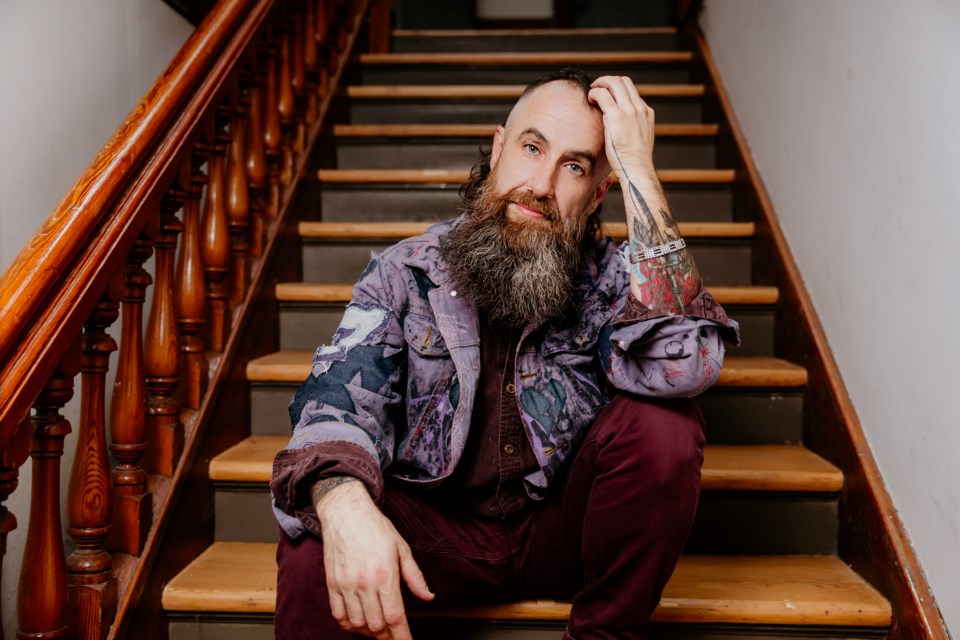How can creative people understand artificial intelligence, upskill their talents and influence the trajectory of AI in B.C.?
These are some of the questions Kris Krüg, founder and CEO of Future Proof Creatives, aims to tackle Jan. 23 as the third guest for the Whistler Institute’s Global Perspectives Speaker Series.
Krüg is a creative technologist focusing on design, media, art and journalism. He has worked online since the late '90s, seeing the blogging revolution of the mid-2000s, the launch of Flicker and YouTube, and an onslaught of social media changing how people work and communicate. Now, he’s on a mission to empower creative professionals with skills to stay relevant with the next big technological evolution: AI.
AI is already making its way into everyday life, with Google and Meta implementing their own AI programs into search bars worldwide. And while big players like ChatGPT are household names, Krüg said there are so many applications for machine learning.
“You can make a thousand different things with a hammer; you don’t know when you first see a hammer how many ways it can be used. Some are obvious, others are found over time as we use it,” he said.
Whether it’s making realistic headshots in minutes or problematic deepfakes, there are ethical implications of creating content with generative AI. One of the biggest concerns for many people is the seismic shift in the value of human labour.
According to a 2024 Statistics Canada report, Exposure to artificial intelligence in Canadian jobs: Experimental estimates, the majority of Canadian workers are “highly exposed to job transformation related to artificial intelligence, but half of them could benefit from it.”
Government policies are evolving as lawmakers try to integrate the positive aspects of machine learning while reducing harm.
“The B.C. government is actively developing their AI policy, and this policy affects us all. If we want to be a part of it, we need to show up, learn the stuff and participate. That’s a positive perspective,” Krüg said. “There’s also this whole implication on our jobs and careers. A lot of people are trying to get out in front of it. I’m trying to help people who have jobs and careers develop skills in the long-term in case those jobs don’t disappear.”
Through workshops and creating spaces for discussing everything AI, Krüg gives people the knowledge and vocabulary to participate in AI discourse.
“The people who can directly influence outcomes are those who have experience, have an opinion that’s grounded and deep and reflects the values of their communities," he said. "We can’t abdicate this future to governments or tech bros. We can actively shoulder our responsibility.”
One potential positive future Krüg envisions comes from a techno-optimist school of thought. In a world where robots take almost everyone’s job, the value of labour drops to zero. This has implications for governments and workforces.
“So, what are we all going to do? Not just for meaning and fulfillment but also for money?" he said. "Governments work on tax money. A lot of government income comes from income taxes. They can make corporate tax money, but they should tax AI infrastructure because these companies will generate a lot of wealth."
While universal basic income is one idea that could come to fruition with human labour devaluation, there’s another potential outcome.
“If AI drives the cost of human labour to near zero, it follows the cost of goods, which is high because of human labour, that should drop, too," Krüg said. "How far up the efficiency chain can we go? Why do you need $10,000 a month if you already have a home? These are the conversations taking place.”
To learn more about the implications of AI on creativity, get a ticket to his talk Jan. 23 at the Maury Young Arts Centre. Doors open at 5:30.




